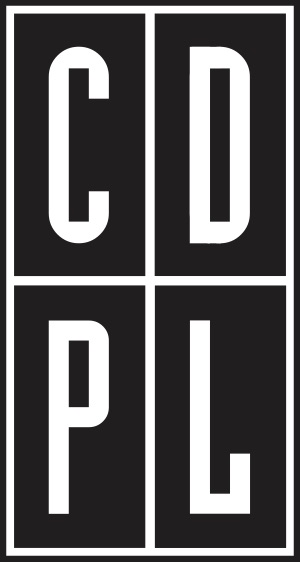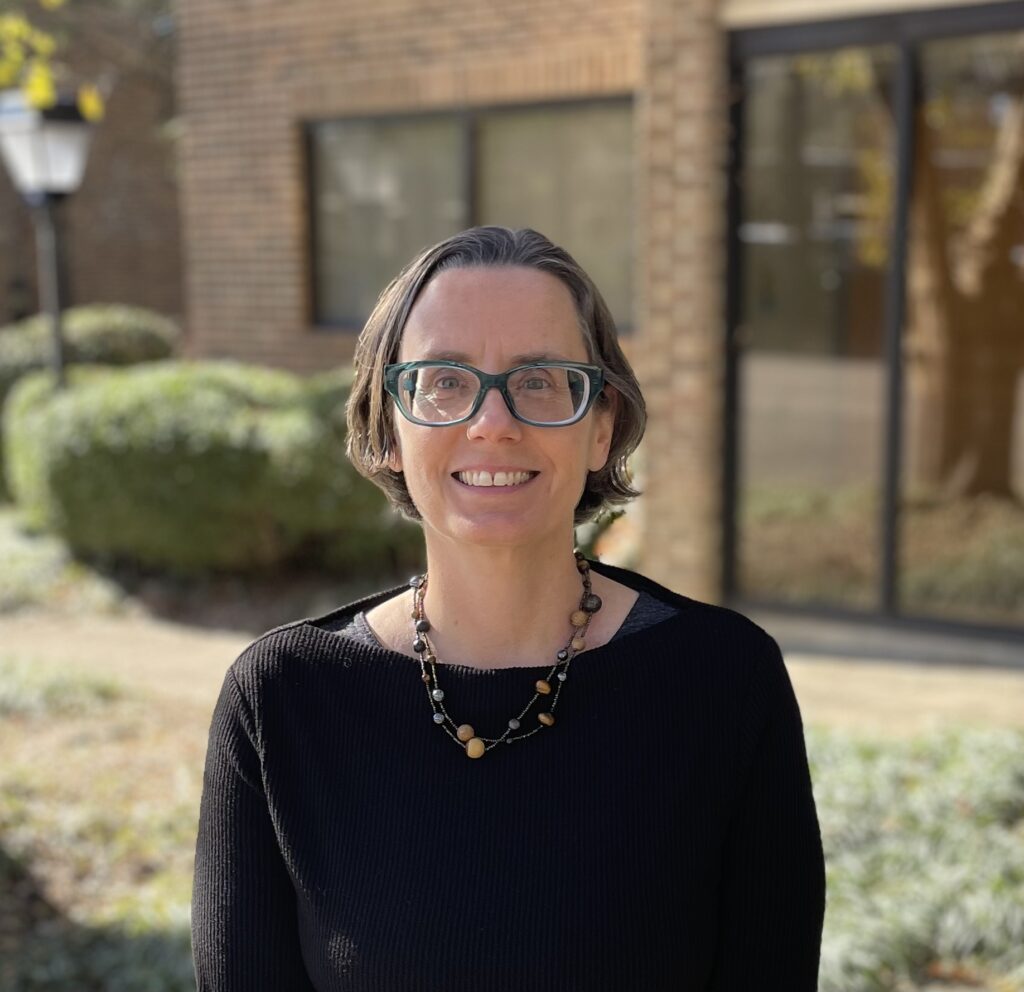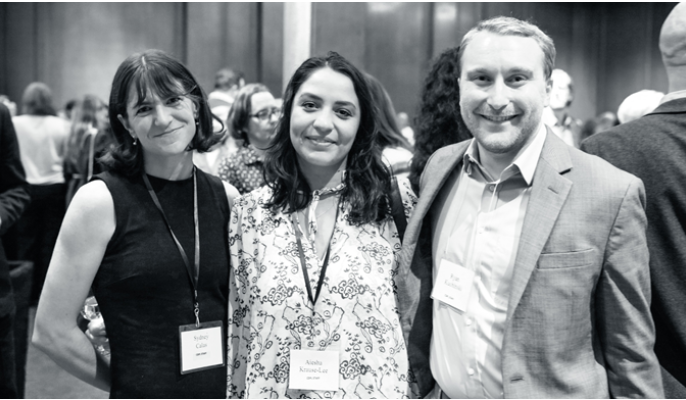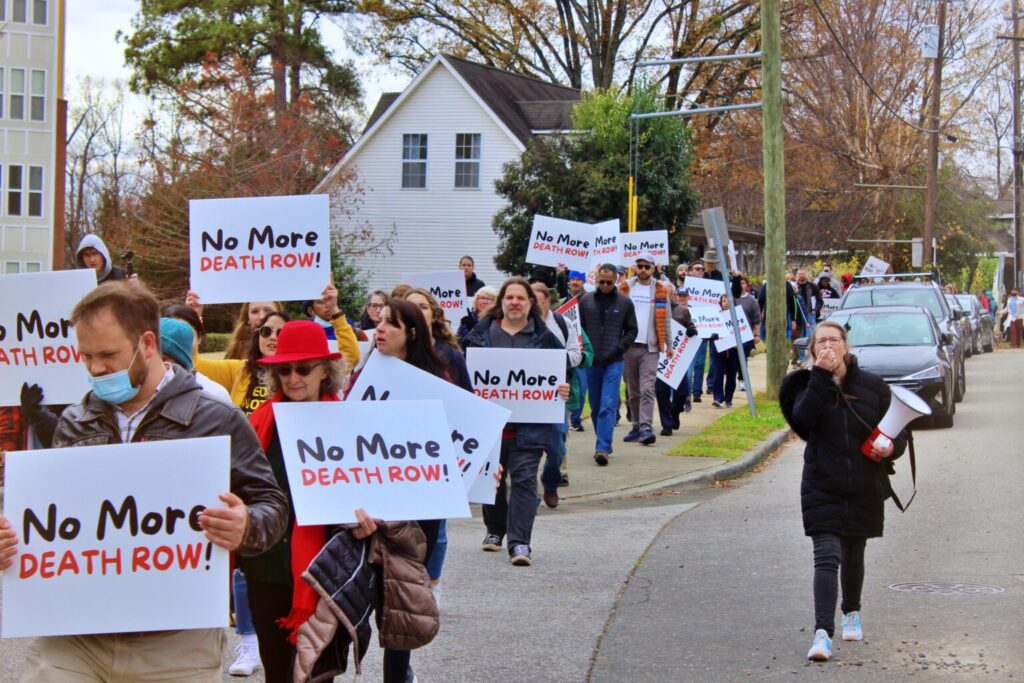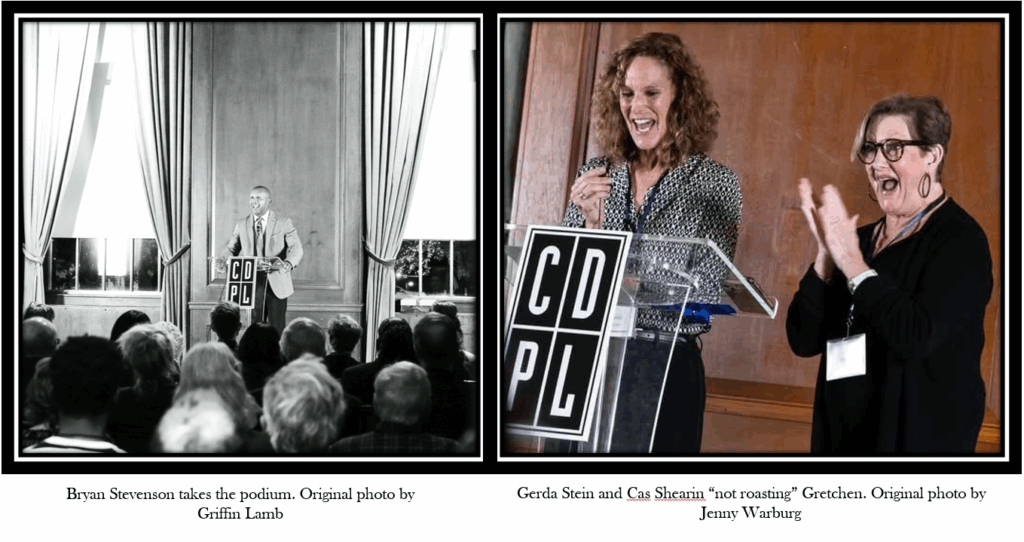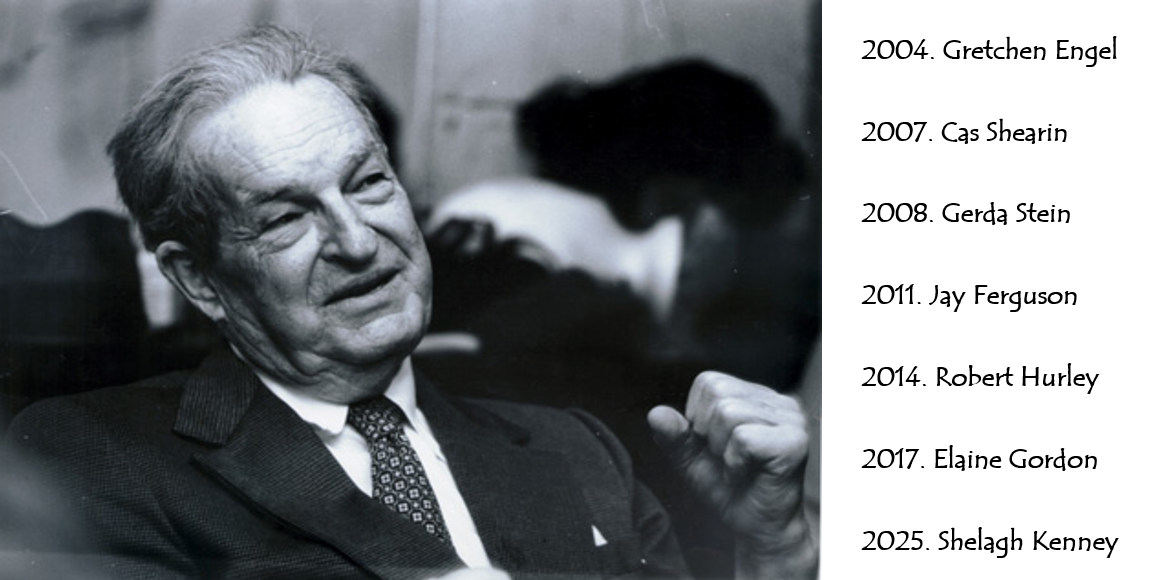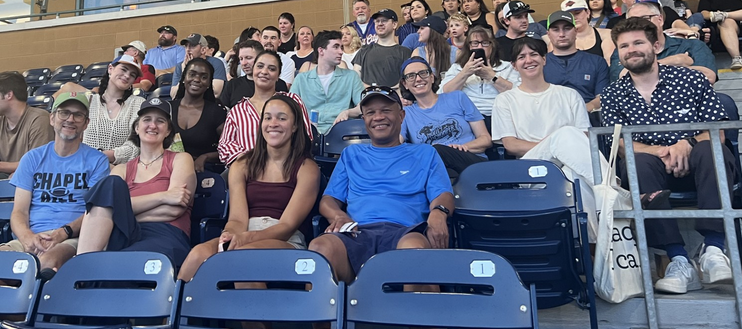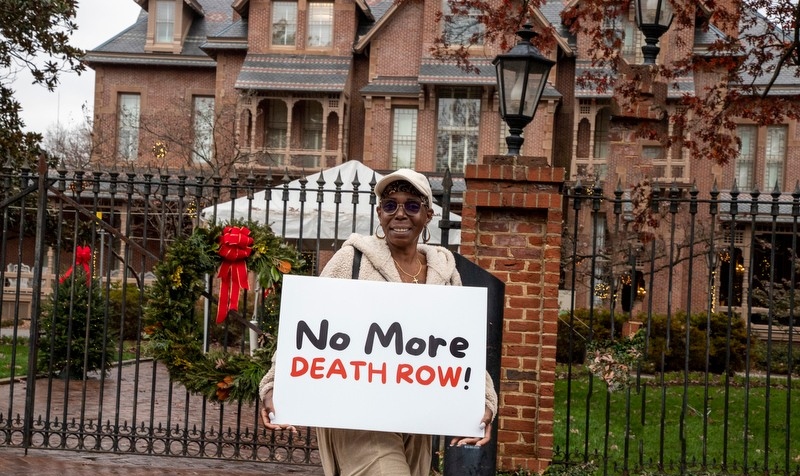
So much has happened in the past year that it would be easy to forget what occurred one year ago today.
On this day last year, Governor Roy Cooper made the largest grant of death row clemency in North Carolina’s history, commuting fifteen death sentences to life without the possibility of parole. With that decision, the governor set a powerful precedent and affirmed a fundamental truth: our state does not need to kill in order to do justice.
Eleven of the people who received clemency were CDPL clients. Our attorneys will never forget traveling to the prison that day to share the news that many of our clients had waited decades to hear. Some responded with joy. Others were so overwhelmed they could barely speak.
[Read Shelagh Kenney’s reflection on having four clients receive clemency.]
One year later, those clients are living profoundly different lives. Many have been transferred to lower-security facilities. Free from the extreme isolation of death row, they can now have contact visits with loved ones, take educational classes, hold prison jobs, and participate in daily life in ways that were once impossible.
This anniversary invites us to reflect on what the commutation campaign taught us. It underscored the power of persistence and collaboration. It challenged us to pursue ambitious goals, even when they seemed out of reach. And most of all, it reaffirmed that our work truly changes lives.
Today, we honor the people who were spared execution and the leadership that made that historic action possible. We recognize the many individuals and organizations who stood alongside us to help make it happen. And we recommit ourselves to the work ahead, which we know will not be easy.
The death penalty claims to deliver justice, but instead it perpetuates racism, makes irreversible errors, and fuels a cycle of violence. As we enter 2026, we believe as strongly as ever that we can build a future without state-sanctioned killing.
We will keep working toward that vision every day. We hope you will continue to stand with us.
